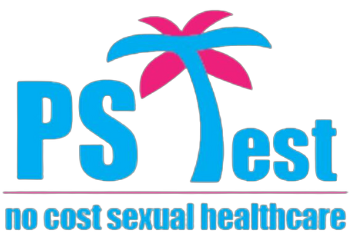The High Rate of STIs Among PrEP Users
Have you heard of a medication called Truvada? It is a daily pill you take orally to help pre-emptively combat your chances of contracting HIV. (Technically, Truvada prevents HIV from making more copies of itself in the body.) It was the first PrEP medication approved by the FDA in 2012. PrEP is the shorthand term used for pre-exposure prophylaxis medications. The strategy behind these medications is to protect HIV-negative adults from becoming infected.
With the introduction of PrEP medications public health records can see a sharp decline in HIV infections, but why are researchers seeing a growing rate of STIs in PrEP patients?
Almost ¼ of patients using PrEP for HIV prevention have at least one STI (sexually transmitted infection)*. Nearly ¾ of patients are diagnosed with chlamydia, gonorrhea, or syphilis within their first year of PrEP use.
These staggering numbers concern many in the medical community as they continued to search for correlations between PrEP and STIs. From a holistic viewpoint, it seems that PrEP users’ perception of lowered risk of HIV can be to blame. When taking a preventative, many users begin to believe that they are less likely to contract STDs or STIs. This sort of behavior may lead to overall riskier sexual practices like not wearing condoms.
So what can we do in the public health community to help overhaul the perception of PrEP medications? At PS…Test our aim is to educate the Palm Springs and Coachella Valley area about PrEP medications and what they CAN and CANNOT do for patients. We believe that interests in PrEP is an opportunity for us to package HIV prevention with sexual health education and services. Having a safe environment for patients to ask as many questions as they want, have a support system they can rely on, and free public health care will help the Palm Springs surrounding area continue to live healthy lives.
PS…Test is working to fill the gap when it comes to public health access. You can support our efforts and support your own community by donating here. Or support public health by staying educated and up to date on what is happening in your community by signing up for our newsletter at the end of the page.
*You can read more information on this research through the open-access medical journal JAMA. Jamanetwork.com
